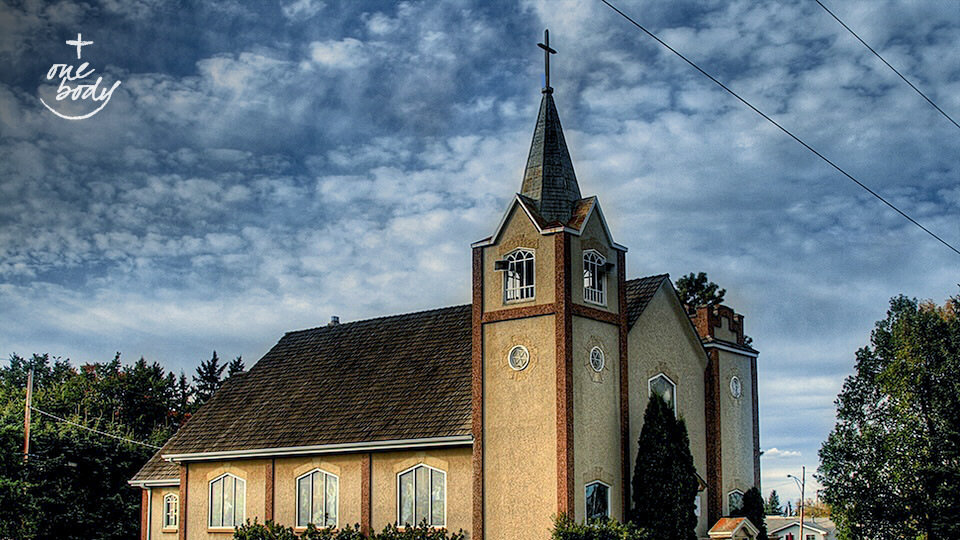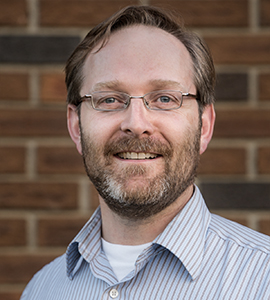

Spotlight on Lutheran Church-Canada | One Body
Julien Hammond
Friday, August 9, 2024

Bethlehem Lutheran Church in Bruderheim, Alberta, a congregation of the Lutheran Church-Canada (LCC). The Winnipeg-based church includes 300 congregations across Canada. Wikimedia Commons.

Spotlight on Lutheran Church-Canada
by Julien Hammond
The last two articles of “One Body” have focused on Catholic-Lutheran relations in Canada, and beyond, through the lenses of:- the development and reception of the Joint Declaration on the Doctrine on Justification (https://slmedia.org/blog/jddj-milestone-challenge), and
- the Evangelical Lutheran Church in Canada, a member of the Lutheran World Federation (LWF) (https://slmedia.org/blog/jddj-milestone-challenge).
- 25 Lutheran schools across the country
- two seminaries: Concordia Lutheran Seminary in Edmonton, and Concordia Lutheran Theological Seminary in Waterloo; (both seminaries have played key roles in advancing LCC-Roman Catholic relations in Canada)
- several domestic and international missions
- supports for LCC military chaplains,
- a ministry of care for church workers, and
- an online and print magazine called The Canadian Lutheran.
LCC-Roman Catholic Dialogue in Canada
The national LCC-RC dialogue group was established in June 2013 under the authorization of the LCC Synod’s Commission on Theology and Church Relations (CTCR) and the CCCB’s Commission on Church Unity, Religious Relations with the Jews, and Interreligious Dialogue. The group began meeting in southern Ontario out of expediency, as most of the members of the dialogue were theologians from seminaries in Waterloo (LCC) and Toronto (RC), Ontario. They established a pattern, and have continued to meet twice each year. A similar pattern developed in Edmonton (although meeting more frequently – up to four times per year), beginning in 2014. Like the national group, the Edmonton dialogue was authorized by the national LCC Synod authorities (President and CTCR) since in LCC church polity, church relations are not under the jurisdiction of individual districts (like the Alberta-BC District), but of the national church. The Catholic partners in the dialogue were theologians and pastors selected by the Archdiocese of Edmonton. The first few meetings of both groups were dedicated to getting acquainted and to organizational discussions. While each group was given licence to choose their own topics for dialogue, they were to do so within a specific mandate received from their respective authorities:- For the national group: “to deepen understanding, to foster charity, and to develop common witness through exploration of doctrine and moral issues, and through celebration of appropriate forms of joint prayer.”
- For the Edmonton group (in the text of the mandate given to us by the LCC President and Archbishop Smith as sponsoring authorities before we began our work): “to increase understanding and appreciation between RC and LCC churches in the Edmonton area; to explore pastoral, theological and ethical issues, including those which may divide our churches, and to consider how national and international Lutheran-Catholic statements may impact the situation of Lutheran and Catholic churches in the local context.”
 Julien Hammond has been the ecumenical officer for the Catholic Archdiocese of Edmonton for over twenty years. He has served as a member of the Roman Catholic-United Church of Canada Dialogue, the Anglican-Roman Catholic Dialogue in Canada, and the Christian Church (Disciples of Christ)-Roman Catholic International Consultation. He is currently a member of the Jewish-Catholic national dialogue, co-sponsored by the Canadian Rabbinic Caucus and the Canadian Conference of Catholic Bishops.
Julien Hammond has been the ecumenical officer for the Catholic Archdiocese of Edmonton for over twenty years. He has served as a member of the Roman Catholic-United Church of Canada Dialogue, the Anglican-Roman Catholic Dialogue in Canada, and the Christian Church (Disciples of Christ)-Roman Catholic International Consultation. He is currently a member of the Jewish-Catholic national dialogue, co-sponsored by the Canadian Rabbinic Caucus and the Canadian Conference of Catholic Bishops.Related Articles:
<<













